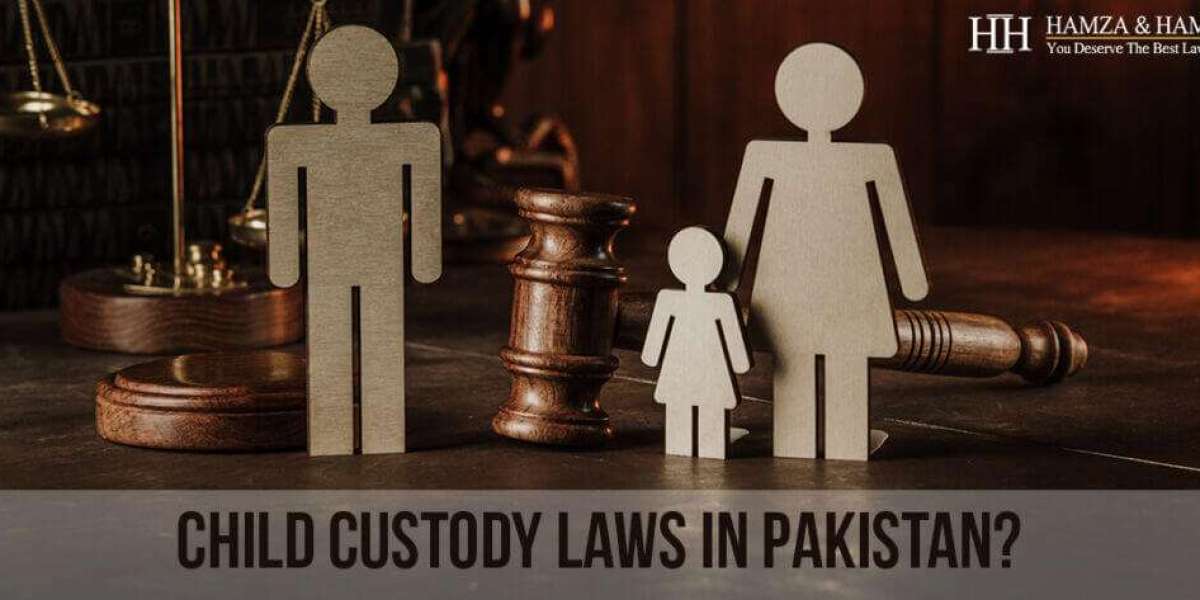Child custody disputes are often the most emotionally charged aspect of family law in Pakistan. When parents separate or divorce, determining who will take care of the child—or children—involves a combination of legal standards, religious values, and practical considerations. The primary concern for Pakistani courts in such matters is always the welfare of the child. This article explores the factors that influence how courts interpret and apply Child custody laws in Pakistan .
Legal Basis of Child Custody in Pakistan
In Pakistan, child custody matters are primarily governed by the Guardians and Wards Act, 1890. This colonial-era law continues to be the foundation for custody decisions in family courts across the country. In addition to the Act, family law also draws from Islamic principles, particularly in cases involving Muslim parents. These religious guidelines often influence what the court considers in a child’s best interests, especially when it comes to the age and gender of the child.
Types of Custody: Legal vs. Physical
Pakistani courts recognize two main types of custody:
Legal Custody: The right to make decisions about a child’s upbringing, education, religion, and healthcare.
Physical Custody: The actual physical possession and care of the child.
In most cases, one parent may be granted physical custody, while the other retains visitation rights and possibly some legal decision-making authority.
Factors Considered by the Court
Best Interests of the Child
The central consideration in all custody decisions is the child’s welfare. This includes emotional, psychological, educational, and religious well-being. The court examines whether the parent seeking custody is capable of providing a safe, loving, and stable environment.Age and Gender of the Child
Child custody laws in Pakistan , as interpreted in Pakistani courts, generally favors mothers for custody of young children—particularly daughters up to puberty and sons until the age of seven. However, this is not an absolute rule. If the court finds the mother unfit, custody can be awarded to the father or another suitable guardian.Wishes of the Child
For older children, especially those above the age of 12, the court may consider their preference regarding which parent they wish to live with. However, the child's wishes are not binding and are only considered if they align with the child’s best interests.Parental Conduct and Lifestyle
The moral character and behavior of both parents play a critical role in custody decisions. If one parent is found to have a history of abuse, neglect, addiction, or other concerning behavior, it can significantly impact the outcome.Financial Stability
While not the most critical factor, the financial capacity of a parent to provide for the child’s needs is also considered. However, this alone will not override other welfare-related considerations.Previous Court Orders and Agreements
Existing custody arrangements or previous court rulings may influence future decisions, especially if they have proven effective or have been agreed upon by both parties.
Modifying Custody Orders
Custody arrangements are not always permanent. Either parent can file for a modification of the custody order if circumstances change. This could include a parent’s remarriage, relocation, changes in income, or shifts in the child’s educational or emotional needs.
Role of Family Courts
Family courts in Pakistan handle all custody-related disputes. These courts prioritize fast resolution to minimize the emotional toll on children. Mediation is often encouraged before moving into lengthy litigation. Judges may appoint a guardian ad litem (a representative for the child) to assess the situation impartially.
Conclusion: Legal Support Matters
Navigating the complexities of child custody laws in Pakistan requires more than just emotional conviction—it demands legal knowledge and strategic action. At Hamza & Hamza Law Associates, we specialize in family law and have successfully represented numerous clients in custody disputes. Our team is committed to protecting your parental rights while keeping the child’s welfare at the heart of every case. If you are facing a custody issue, consult with our experienced legal team to ensure the best possible outcome for you and your child.



